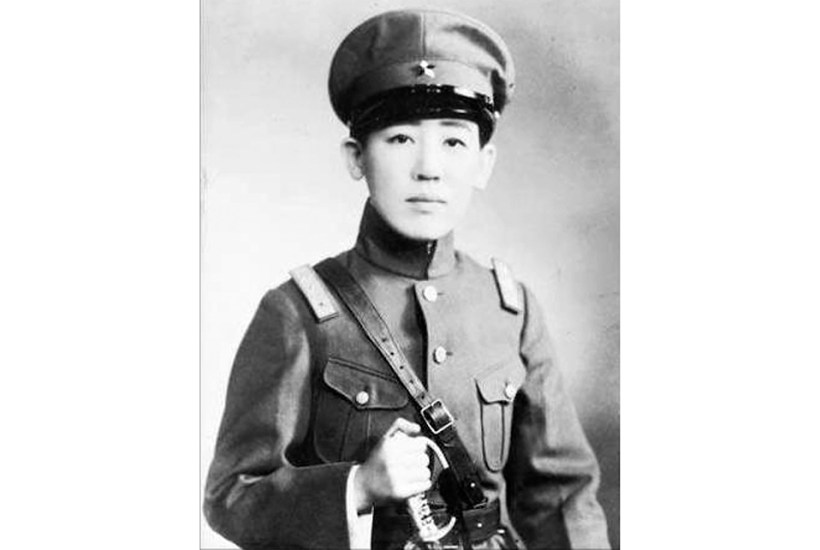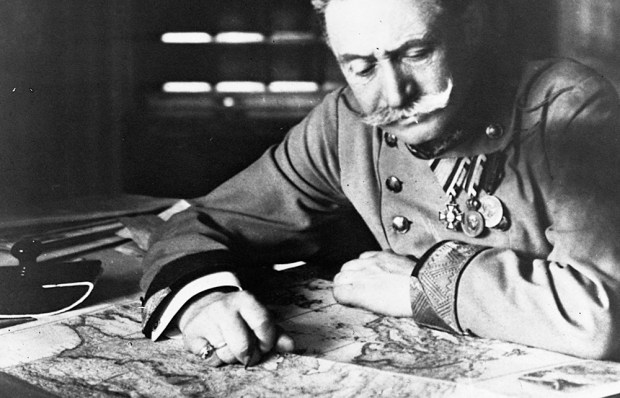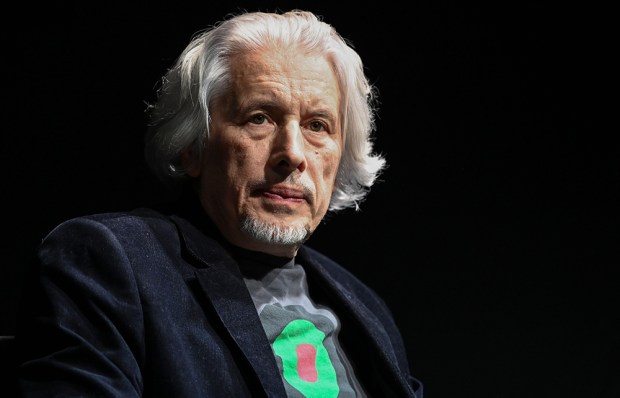Those of us who have never endured occupation can find it difficult to judge the behaviour of some who have. The lines between survival, passive cooperation and active collaboration are not always clear. Following the second world war, the myths of resistance, especially in France, were deliberately inflated in order to hide the humiliation and deep wounds occasioned by collaboration, which was far more widespread. Understandably sometimes; you may take risks for yourself, but when it’s your family who may be butchered, decisions are harder.
It’s not only the unoccupied who find judgments difficult. As Ian Buruma demonstrates in his informed and perceptive commentary, it can be equally difficult for those who were there. Some cases are clear-cut, of course – a Quisling is a Quisling, deserving his date with the firing squad – but it’s harder to judge someone motivated by personal and family survival, tempted when hungry by material enrichment and starting perhaps with a genuine desire to save some, which may involve betraying others.
Buruma chooses three examples, all notorious in their times but largely forgotten now. Friedrich Weinreb was an Austrian-Dutch Jew who escaped deportation by betraying some of his fellow Jews. At the same time he took bribes to add them to a list of exemptions supposedly negotiated with the Germans. There was no such list and very few were saved.
Kawashima Yoshiko was an androgynous Manchu princess who collaborated with the Japanese during Japan’s 1930s brutal occupation of Manchuria and parts of China. She claimed – sometimes perhaps believed – that she might bring about peace and independence for Manchuria while enriching herself.
Felix Kersten was an Estonian-Finn with Dutch connections who discovered a gift for massage and became Himmler’s personal masseur. By his own account, he was both ignorant of the scale of atrocities committed by the SS and responsible for persuading Himmler to spare many, including the entire Dutch population.
Buruma, having been born in the Netherlands, worked in Tokyo and studied Chinese, has a good understanding of the contexts in which his subjects thrived and – in two cases – survived.
All three left unreliable, self-exculpatory accounts of their courage and principles. They were also subjects of accounts by others, some damming, some sympathetic. None, Buruma says, was a typical traitor. Rather, they ‘reinvented themselves in a time of war, persecution and mass murder, when moral choices often had fatal consequences but were rarely as straightforward as we were told to believe after the dangers had lifted’. And that is the point: had they been born in different times, there was little to distinguish them from many among whom we live now. Everyday life would not have exposed them to the temptations and necessary deceptions of war and occupation – although arguably Weinreb might have come to police attention for his spurious and intrusive ‘medical examinations’ of young women, Kersten might have made a fortune from quackery and Yoshiko from stage and screen. None was likable, but neither were they as positively evil as those they sought to serve – or, by their own accounts, deceive and manipulate.
They all conned themselves, victims to self-created myths. In the end, none was capable of reliably distinguishing fact from fiction. ‘By turning your life into a fiction, you don’t really have an identity at all,’ concludes Buruma. In Yoshiko’s case, her projection of herself as a combination of Mata Hari and Joan of Arc proved fatal. Far from becoming ‘the hinge between China and Japan’, as her father predicted, she was executed in Beijing in 1948 by the Chinese Nationalist government. The other two survived the war and prospered, with Weinreb, despite serving three years in prison, acclaimed by some on the left as the Dutch Dreyfus. A 1,683-page official report produced in 1973 irrefutably condemned him, but when he died in Switzerland 15 years later he was still revered by a loyal group of disciples. If you believe your own myth with sufficient conviction, others will too.
This book is as much a meditation on the times as it is three potted biographies, and is the more interesting for it. Western readers need reminding of the Nanjing massacre of 1937, with more than 200,000 dead, and of the estimated 20 million casualties of the Second Sino-Japanese war. We need less reminding of the Holocaust, of course, yet it remains the one subject with unending power to shock afresh. Buruma quotes an example with an indirect connection to his family: the ‘gentlemanly’ commandant of a Dutch holding camp who intervened to save an ailing baby whose mother had just been pushed on to an Auschwitz train. He secured help from a paediatrician prisoner and visited the baby daily himself. The infant recovered, but when he reached six pounds he was put on the next train.
Whatever your reason for collaboration, those were the people you helped.
Got something to add? Join the discussion and comment below.
Get 10 issues for just $10
Subscribe to The Spectator Australia today for the next 10 magazine issues, plus full online access, for just $10.
You might disagree with half of it, but you’ll enjoy reading all of it. Try your first month for free, then just $2 a week for the remainder of your first year.














Comments
Don't miss out
Join the conversation with other Spectator Australia readers. Subscribe to leave a comment.
SUBSCRIBEAlready a subscriber? Log in